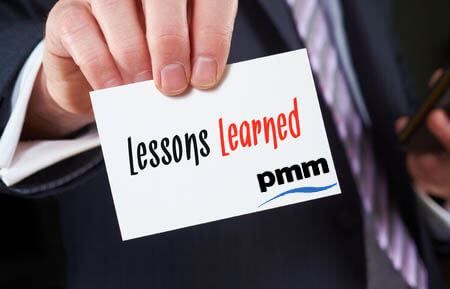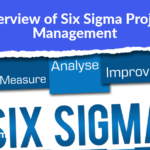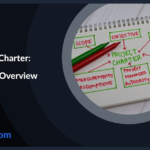 If all goes well, a project should eventually come to an end, hopefully with a positive outcome. However, even though all the project deliverables are complete and the product, process, platform, etc is now handed over into business as usual, there is still a very important project tasks to be completed before the project can be finally closed – a lessons learned review.
If all goes well, a project should eventually come to an end, hopefully with a positive outcome. However, even though all the project deliverables are complete and the product, process, platform, etc is now handed over into business as usual, there is still a very important project tasks to be completed before the project can be finally closed – a lessons learned review.
It is unfortunate that this step does not get completed at the end of most projects. In extreme cases of failure the sponsor will often demand a review in the guide of lessons learnt to understand what went wrong. While this is good, this is normally undertaken with the agenda of finding who is to blame, not to learn.
What is lessons learned
Lessons learned is the formal process at the completion of a project, where a review is conducted on what went well and what did not go well.
Objectives of lessons learned
At a high level, the primary objectives are:
- Identify what processes and techniques worked for the organisation so that they can be replicated by other projects
- Identify what did not go well so that other projects can avoid making the same mistake
The overarching principle is to learn from what has happened so that future projects can benefit, resulting in a higher probability of favourable outcomes.
When to perform lessons learned?
Usually a review is completed at the end of a project as part of formal closure. However, it is also possible to conduct a review at the end of key stages in the project lifecycle or after a particular event (usually a high impact issue).
The reason it makes sense not to wait until the end, is that identifying items to improve early will allow the project and other projects to learn quicker. If you wait until the end of the projects, there is more chance other projects will have already made the same mistake.
Who performs lessons learned?
Typically it is performed by the project manager and / or project team. However, sometimes it makes sense to have the review conducted by a team external to the project as they will be more objective i.e. Quality Assurance function, audit, etc.
In extreme cases it may make sense to ask a 3rd party to come in to conduct a truly independent review.
Format
Usually a template with defined questions is used to conduct the review. This is often in the form of a spreadsheet or word processor document. The reason for having a set format means that reviews can be completed in a consistent manner and all the appropriate questions asked.
It is important that it is possible to tailor the questions for a specific project so as to provide maximum benefit for the exercise.
The review can be conducted as a formal meeting / workshop with all relevant project team members and stakeholders. It can take the form of a number of desk based interviews. Request for information via e-mail or telephone. In reality it will be a combination.
How to use the output
This is the real power of a lessons learned review – the outcomes. There are organisations who complete the reviews, tick the box to say it is complete, file the report and then do nothing with the findings. This adds no value, in fact it destroys value as the review takes valuable time.
The real benefit comes from taking action on the back of the findings. The conclusions should be reviewed and themes established. These then need to be fed back into the process on how the organisation executes project delivery.
Ideally, changes can be translated into tools and processes. This means that there is a higher probability that change will be made. This is where the PMO can take a lead by reviewing the lessons learned, reviewing against the project methodology and then making changes to embed the process. The result is that the organisation will take on the lessons and improve.
If the PMO is keeping track of all of the lessons learned reviews, they are also in a very good position to spot trends that may not be obvious. Again allowing them to make changes to improve the process.
Conclusion
Lessons learned is a very important tool for an organisation that wishes to learn from their projects and improve outcomes. The PMO is well placed to coordinate the gathering and review of the data so as to be able to update tools and processes that embed the changes.
While it takes time to conduct the reviews, it does provide a positive return on investment in the long run.
The next few posts will focus on specific aspects of the process.
Project Lessons Learned Presentation






